Why biodynamic wine is the key to a sustainable future for the wine industry
As we work towards a more sustainable future, it’s important as chefs or owners to play a part in educating consumers, and educating ourselves. Customers may be unfamiliar with the term ‘biodynamic wine’, in fact, many foodservice providers may be unfamiliar with the term, however, that doesn’t mean that it’s overly complicated or too technical to learn about.
How often does anyone consider the work or effort in producing the red wine they’re swirling around the glass. Or, what about the harvesting of grapes, or even growing of grapes? Most people are probably more concerned with enjoying the wine accompanying their meal – and who can blame them?
However, the wine industry is not immune to issues like maintaining biodiversty, or ethical veganism.
Biodynamic wines are wines made without any unnatural additives in the vineyard or winery and are farmed in a manner which follows the cycle of life and positioning of the moon, focused on creating or maintaining biodiversity.
However, don’t confuse organic with biodynamic. Biodynamic wine production incorporates various natural ‘preparations’ one of which includes stuffing cow horns with biodynamic cow manure in the ground for four to six months over winter, mixing with water then spraying over the entire vineyard twice a year as a fertilizer to aid with seed germination and root development.
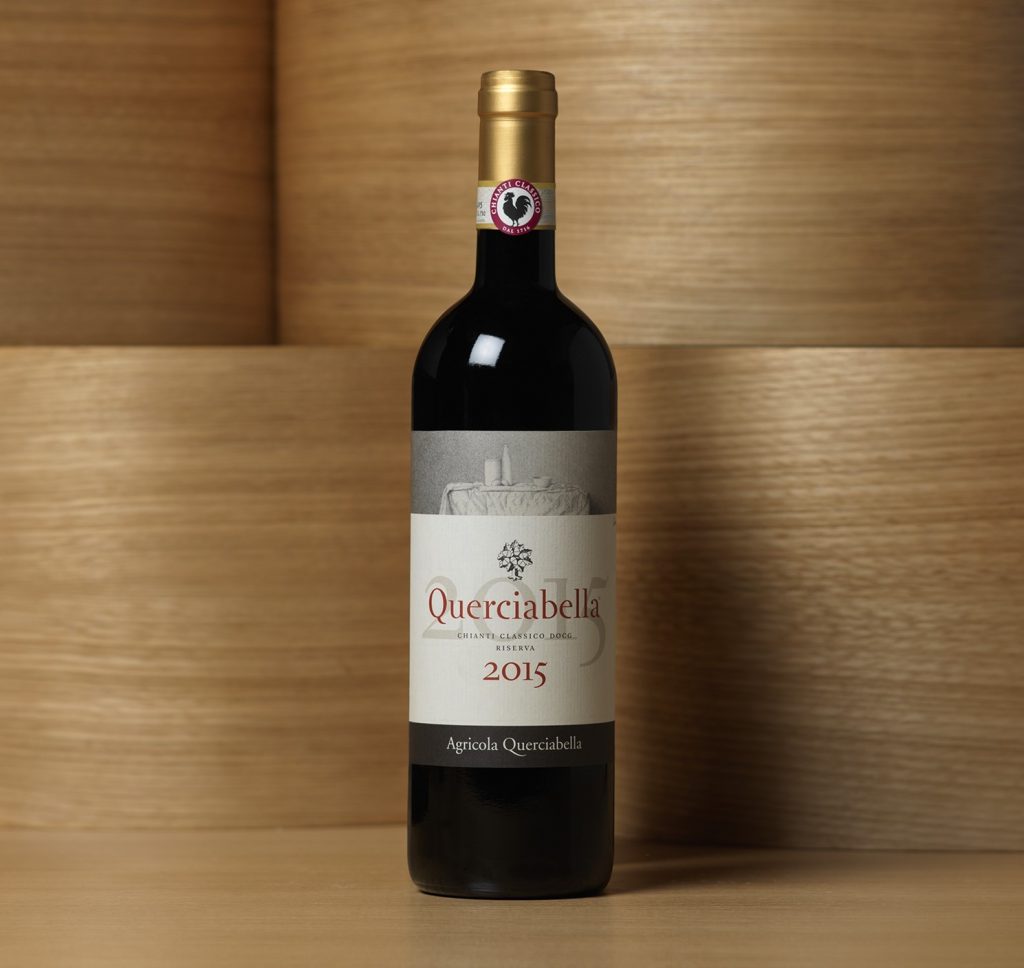
One of the issues with this, is that the process is not ethically vegan. This is what makes Querciabella Wines different.
Querciabella is ethically vegan and thus has reverted from traditional biodynamics to their own proprietary vegan, plant-based biodynamic approach. Querciabella does not utilize the cow horn preparation but instead chooses to replenish soil nutrients via natural plant based means such as creating a sort of ‘faux manure’ out of legumes and plant materials.
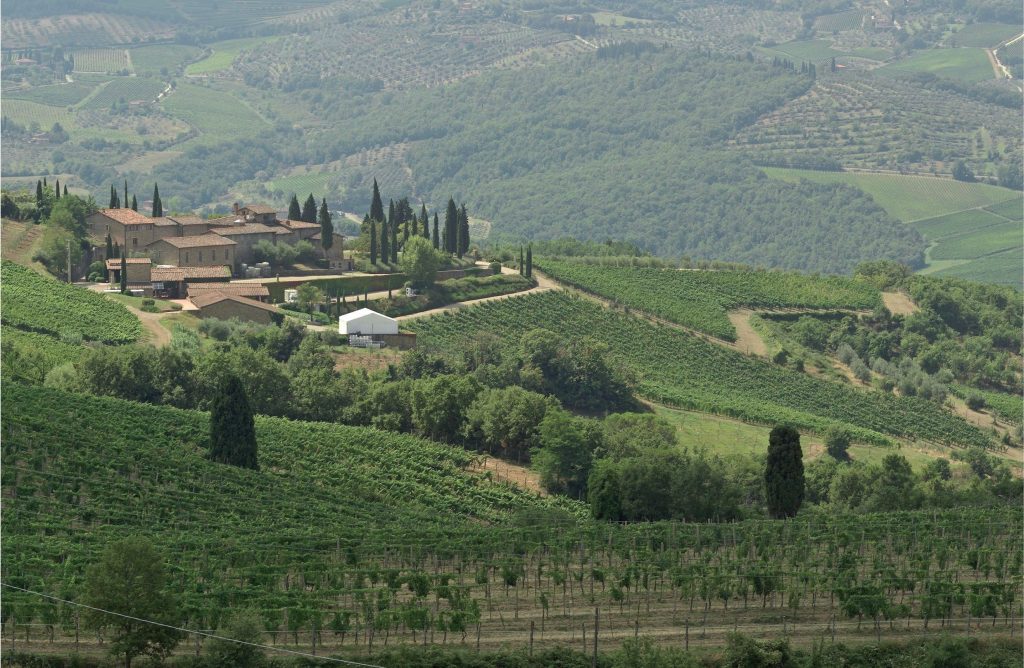
As an additional means to provide nutrients to the soil, as well as ward off pests, Querciabella’s approach includes planting over 3 cover crops between the rows of vines. To aid with pollination, Querciabella also keeps bees, however due to their vegan ethics they do not take of eat any of the honey produced by the bees, they consider the honey as belonging to the bees.
To get a better understanding of what biodynamic wine is, what role Querciabella plays in this, and why biodynamic wines are so important, we spoke with Giorgio Fragiacomo, Querciabella’s director of sales for the past eight years.—
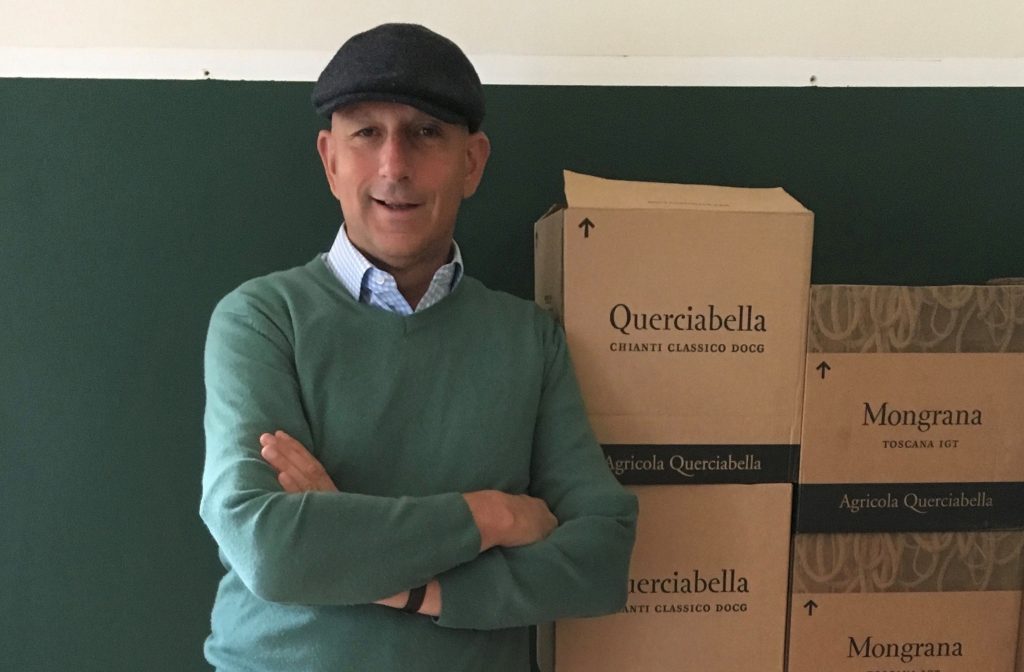
Give us your elevator pitch on Querciabella.
We believe that wines should be made to the highest standard of excellence without the need to compromise in any way on ethics.
To us, this means that our wine should give maximum drinking pleasure without in any way damaging the environment.
In a nutshell “Not just respecting the environment but giving something back” .
What was the primary reason for the switch to a ‘vegan, plant-based biodynamic approach’?
Sebastiano Cossia Castiglioni, Querciabella’s owner, has been an animal rights activist since his teens. He contributes actively to organisations such as Sea Shepherd and Mercy for Animals, and in 2010 decided to practice a vegan lifestyle. Sebastiano decided to remove all elements of animal-based practices in the vineyard, switching to a plant based approach. For him, this was a practical way to reiterate his stance against animal cruelty and factory farming.
What part of the plant based biodynamics do you believe has the largest impact on quality?
We have established a very complex protocol for cover crops where over 35 different kinds of plants are sown between vine rows, in different combinations depending on what we are trying to achieve in that particular parcel of land.
The effect of this active interaction with the land, the plants, and the ecosystem is to achieve greater balance in the vineyards and vitality in the soil, which in turn results in more harmonious and truly site-specific wines.
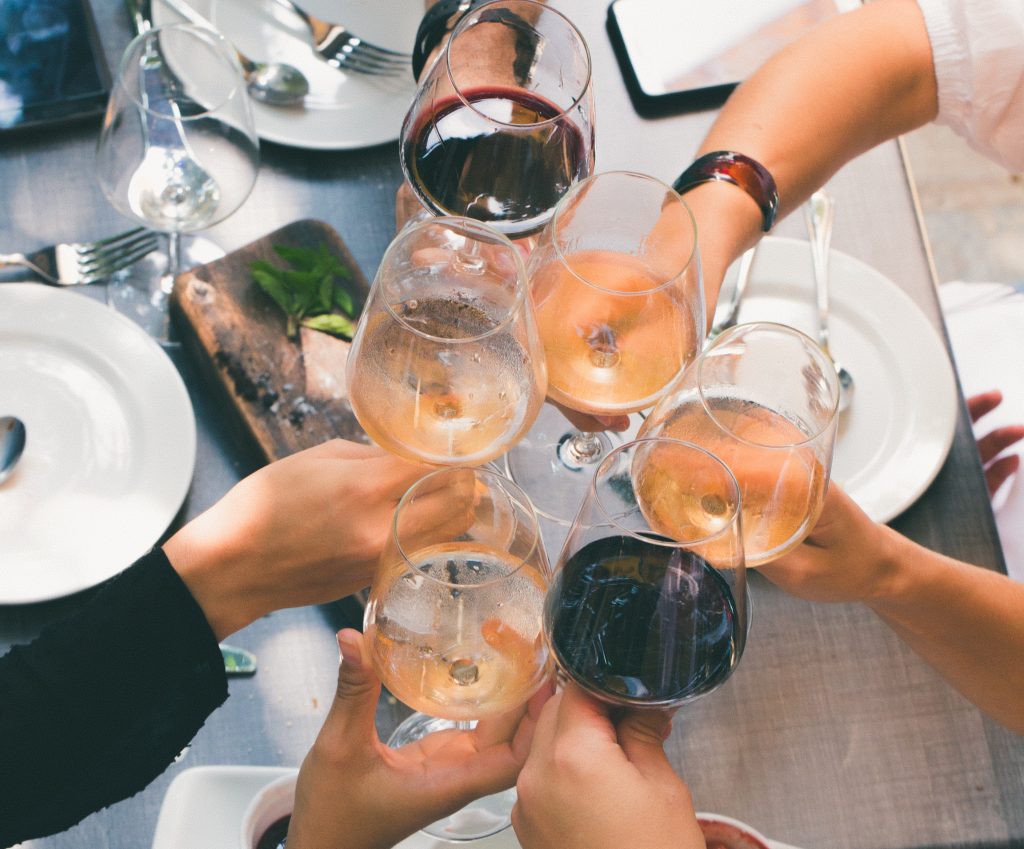
What is the current wine-making philosophy at Querciabella?
Our philosophy can be summarized as the ethical pursuit of precision, purity of fruit, and site specificity.
Since 2010, Sebastiano has invested heavily in our wine-making facilities, dramatically increasing the precision we can apply to our craft.
Querciabella has always been characterized by attention to detail, and now with the introduction of small wooden and cement vats, we are able to micro-vinify each parcel of land individually in order to maintain site typicity.
Each lot is then aged separately, in the most appropriate type of barrel. In order to maximize the purity of fruit, our wine maker, Manfred Ing, meticulously uses as little new wood as possible.
Given the amount of effort that goes into a plant-based biodynamic approach, we believe that all this exactitude in the wine making process is essential.
For example, our Chianti Classico, which is an incredible blend of up to 70 different parcels of Sangiovese, each brings a distinctive expression and nuance to the wine.
What’s in store for Querciabella’s future?
We were the first winery to talk about doing small-batch, single vineyard wines from more than one commune in the Chianti Classico and have been bottling about 1000 bottles from the best sites in Greve, Gaiole, and Radda. These wines are only from the best recent vintages and are truly exceptional expressions of terroir. In the very near future, we should be ready to release the first vintage.
Secondly, we have just purchased an abandoned building site at the entrance to the township of Greve in Chianti. This place was the most incredible eyesore. Here, you have one of the most beautiful landscapes on earth, the Chianti, with one of its most significant and historic towns blighted by what the Italians define as an architectural ‘eco monster’.
We will be converting this to an attractive multi-purpose building, that includes a storage space, bottling facility, and a cellar door, all of which, through a ‘didactic’ garden and experimental vineyard, will be accessible from the town’s park; obviously using renewable materials and green energy sources with a negligible carbon footprint.
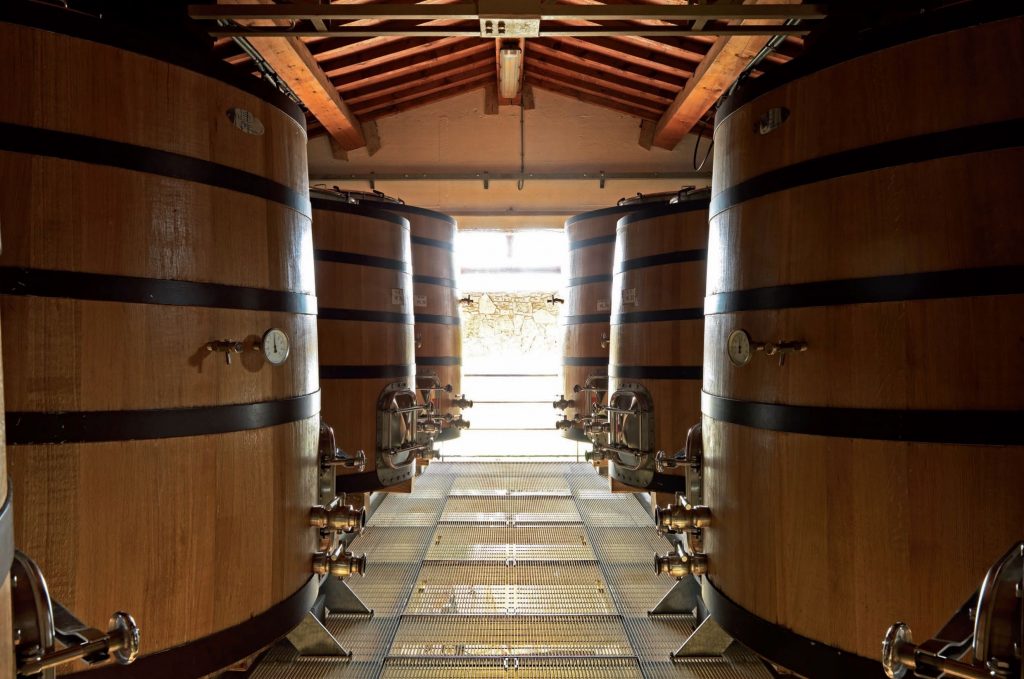
Which Querciabella wine is your personal favourite and why?
That’s a bit like asking a father, ‘which is your favourite child’? I love all of our wines equally! Although, having said that, there are certain times of the day or phases of the meal, or season, in which I prefer one to the other.
Mongrana is so versatile with or without food, it’s the wine that I drink the most. The Chianti Classico and Turpino are fabulous food wines. Camartina and Palafreno are superb grand occasion wines and Batàr, what can you say about Batàr, like any beautiful and glamorous wine, I love being around her, every time, any time!
About the Author:
Jeff Osborne is a Toronto based Wine industry professional working as sales manager for Grape Brands Fine Wine & Spirits; focused on premium and niche Italian Wines as well as Sommelier at Langdon Hall Country House, Hotel & Spa. Jeff has a specific interest in high quality, ethical, ‘clean wines’ which also happen to be produced via organic and biodynamic production methods.



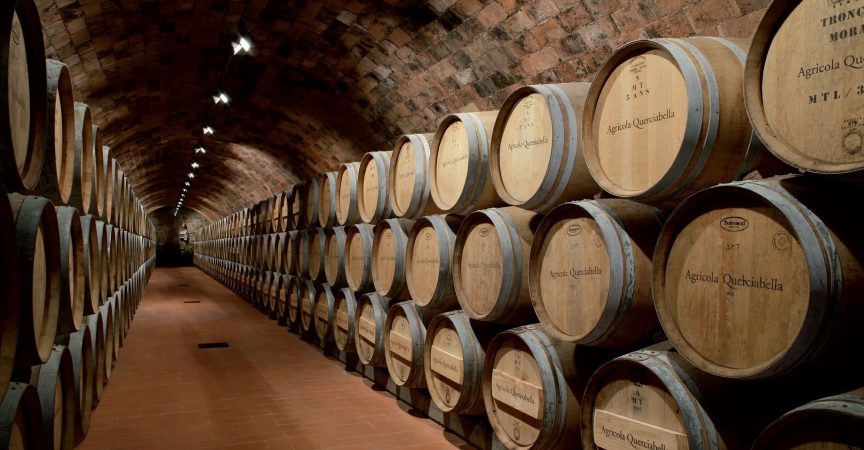
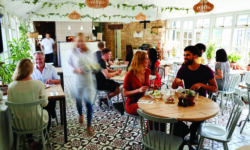
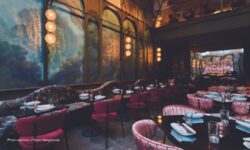
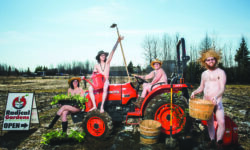



Biodynamic wine. Thanks for the heads up. Do they really take themselves seriously? Do they expect consumers with a brain to take them seriously? Burying a cow’s horn full of poop for the winter to make cosmic fertilizer. Seriously, have they not heard of the magic of a manure pile?
Something I’ll be avoiding, but at least I can share the humour with friends when spotted on a wine list.